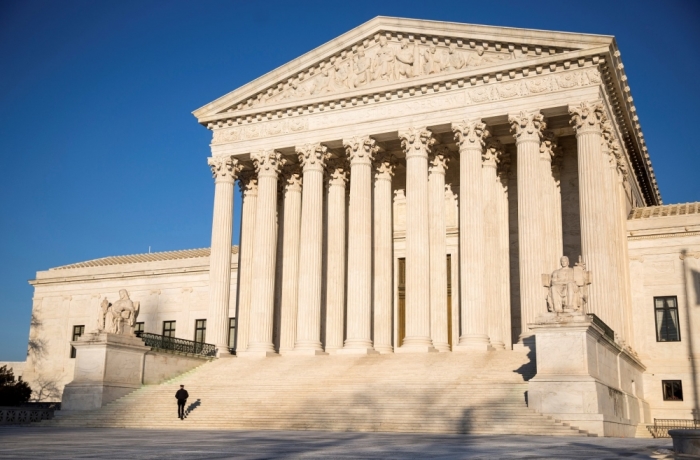Notre Dame Gets Supreme Court Boost in Birth Control Mandate Fight

The U.S. Supreme Court ordered a lower court to reconsider its decision to go along with the Obama administration's effort to force the University of Notre Dame to pay for birth control methods in violation of Catholic doctrine.
In February 2014, the U.S. Court of Appeals for the Seventh Circuit ruled, in University of Notre Dame v. Burwell, that the Catholic university must abide by the birth control mandate. The Supreme Court vacated that decision Monday and ordered the Seventh Circuit to reconsider its decision "in light of Burwell v. Hobby Lobby Stores, Inc."
Before the Supreme Court's order, Notre Dame was the only religious nonprofit in the country without an exemption from the birth control mandate due to the Seventh Circuit's ruling.
Last summer the Supreme Court ruled that the Obama administration violated the religious freedom of closely-held for-profit companies whose owners were opposed to the birth control mandate for religious reasons. Even after that ruling, however, President Barack Obama has continued to try to enforce the birth control mandate on religious institutions with moral objections.
The birth control mandate requires employers to cover contraceptives, sterilization and some birth control pills that could cause an abortion. It has a religious exemption, but the exemption is so narrow that few religious institutions qualify. Most religious nonprofits, such as Christian colleges, are not eligible. Instead, Obama offered an "accommodation" for these institutions.
Employees of these institutions would be able to receive birth control coverage directly from their insurance provider instead of through their employer-provided plan. Notre Dame, and other religious institutions, rejected this accommodation because employees would still receive coverage through the actions of the religious institution itself. Additionally, insurance companies could pay for the coverage by increasing premiums on all of the plans, thus forcing the religious institutions to pay for the objectionable coverage indirectly.
Mark Rienzi, senior counsel of the Becket Fund for Religious Liberty, which filed an amicus brief in the case, said Monday's opinion signals that the Obama administration will ultimately lose in its effort to force the birth control mandate on religious institutions.
"This is a major blow to the federal government's contraception mandate. For the past year, the Notre Dame decision has been the centerpiece of the government's effort to force religious ministries to violate their beliefs or pay fines to the IRS." he said. "As with the Supreme Court's decisions in Little Sisters of the Poor and Hobby Lobby, this is a strong signal that the Supreme Court will ultimately reject the government's narrow view of religious liberty. The government fought hard to prevent this GVR, but the Supreme Court rejected their arguments."




























